Strike adds to unrest in Greece
Several thousand people have marched through the Greek capital Athens to protest at the government's economic policies, as part of a general strike.
Thursday, 11.12.2008.
09:20

Several thousand people have marched through the Greek capital Athens to protest at the government's economic policies, as part of a general strike. While turnout appeared lower than expected, the strike hit transport and the public sector and the city saw new unrest over the shooting of a teenager. Strike adds to unrest in Greece Rioters hurled petrol bombs at police outside a court where two policemen were remanded in custody for his death. A defense lawyer says the youth was killed by a ricochet. Greece's conservative prime minister has vowed to restore order and compensate businesses affected by the riots, which spread from Athens across Greek cities after the shooting on Saturday. The leader of the socialist opposition, George Papandreou, made a call for public calm. A lawyer for the officer who fired the shot which killed 15-year-old Alexandros Grigoropoulos, who was buried on Tuesday, said ballistics tests on the fatal bullet had shown the death was an accident. Police officer Epaminondas Korkoneas, 37, was charged with murder and police officer Vassilios Saraliotis, 31, was charged as an accomplice. The Athens court ordered both men to be held in jail pending their trial. No date for the trial was set. The ballistics tests have not yet been published and the Grigoropoulos family has hired an independent pathologist to study the case to ensure there is no cover-up. The two main umbrella unions - the Greek General Confederation of Workers (GSEE) and the Civil Servants Supreme Administrative Council (ADEDY) - are demanding increased social spending in light of the global financial crisis, as well as higher wages and pensions. They represent about 2.5 million workers - roughly half of the total Greek workforce. For union leaders, though, the number of people who took part in the demonstration in Constitution Square was almost embarrassingly small, says the BBC's Malcolm Brabant in the capital. While flights in and out of Athens airport were cancelled, and some banks and businesses were closed, most private sector workers found ways to reach their work-places. The Athens Traders Association estimates the rioting over the police shooting caused EUR 1bn worth of damage. Responding to the unrest, Greek Prime Minister Costas Karamanlis promised on Wednesday to restore order and announced measures to compensate businesses that have suffered. In a televised address, he pledged immediate aid packages, including cash payments and tax freezes, for businesses whose buildings had been torched or property looted. "The government is determined to consolidate the feeling of public safety and to help businesses get back on their feet," said Karamanlis. Papandreou, who has called for early elections on the grounds that public confidence in the government has been shaken, urged calm on Wednesday. "I appeal to all to show responsibility, restraint and to end the violence that our country is experiencing these days," he was quoted as saying by Reuters news agency. Our correspondent says that the government has been badly wounded but will survive, as long as the prime minister can maintain party discipline. Rioters hurled several petrol bombs near the courthouse where the two policemen were appearing before a magistrate for questioning. The bombs were reportedly thrown as a defense lawyer was preparing to talk to reporters outside the building. An Associated Press reporter witnessed running battles in the city centre as masked youths pelted police with rocks, bottles and blocks of marble smashed from a metro station entrance. Windows newly replaced after four nights of rioting were smashed again. High-school students chanting "Cops! Pigs! Murderers!" clapped and cheered each time a riot policeman was hit by a stone, AP adds. Also on Wednesday, a group of about 100 Roma attacked a police station in the impoverished Athens suburb of Zefyri, where they attempted unsuccessfully to push a burning lorry into the station, Greek TV reports. And in the port city of Patras, 215km west of Athens, a crowd of shop-owners is said to have turned on rioters and forced them to stop a wave of destruction, our correspondent says. Entrepreneurs have been sleeping in their shops to defend them against rioters and looters. Demonstrators attend a union rally at Syntagma Square in central Athens (Beta)
Strike adds to unrest in Greece
Rioters hurled petrol bombs at police outside a court where two policemen were remanded in custody for his death.A defense lawyer says the youth was killed by a ricochet.
Greece's conservative prime minister has vowed to restore order and compensate businesses affected by the riots, which spread from Athens across Greek cities after the shooting on Saturday.
The leader of the socialist opposition, George Papandreou, made a call for public calm.
A lawyer for the officer who fired the shot which killed 15-year-old Alexandros Grigoropoulos, who was buried on Tuesday, said ballistics tests on the fatal bullet had shown the death was an accident.
Police officer Epaminondas Korkoneas, 37, was charged with murder and police officer Vassilios Saraliotis, 31, was charged as an accomplice. The Athens court ordered both men to be held in jail pending their trial. No date for the trial was set.
The ballistics tests have not yet been published and the Grigoropoulos family has hired an independent pathologist to study the case to ensure there is no cover-up.
The two main umbrella unions - the Greek General Confederation of Workers (GSEE) and the Civil Servants Supreme Administrative Council (ADEDY) - are demanding increased social spending in light of the global financial crisis, as well as higher wages and pensions.
They represent about 2.5 million workers - roughly half of the total Greek workforce.
For union leaders, though, the number of people who took part in the demonstration in Constitution Square was almost embarrassingly small, says the BBC's Malcolm Brabant in the capital.
While flights in and out of Athens airport were cancelled, and some banks and businesses were closed, most private sector workers found ways to reach their work-places.
The Athens Traders Association estimates the rioting over the police shooting caused EUR 1bn worth of damage.
Responding to the unrest, Greek Prime Minister Costas Karamanlis promised on Wednesday to restore order and announced measures to compensate businesses that have suffered.
In a televised address, he pledged immediate aid packages, including cash payments and tax freezes, for businesses whose buildings had been torched or property looted.
"The government is determined to consolidate the feeling of public safety and to help businesses get back on their feet," said Karamanlis.
Papandreou, who has called for early elections on the grounds that public confidence in the government has been shaken, urged calm on Wednesday.
"I appeal to all to show responsibility, restraint and to end the violence that our country is experiencing these days," he was quoted as saying by Reuters news agency.
Our correspondent says that the government has been badly wounded but will survive, as long as the prime minister can maintain party discipline.
Rioters hurled several petrol bombs near the courthouse where the two policemen were appearing before a magistrate for questioning.
The bombs were reportedly thrown as a defense lawyer was preparing to talk to reporters outside the building.
An Associated Press reporter witnessed running battles in the city centre as masked youths pelted police with rocks, bottles and blocks of marble smashed from a metro station entrance.
Windows newly replaced after four nights of rioting were smashed again.
High-school students chanting "Cops! Pigs! Murderers!" clapped and cheered each time a riot policeman was hit by a stone, AP adds.
Also on Wednesday, a group of about 100 Roma attacked a police station in the impoverished Athens suburb of Zefyri, where they attempted unsuccessfully to push a burning lorry into the station, Greek TV reports.
And in the port city of Patras, 215km west of Athens, a crowd of shop-owners is said to have turned on rioters and forced them to stop a wave of destruction, our correspondent says.
Entrepreneurs have been sleeping in their shops to defend them against rioters and looters.






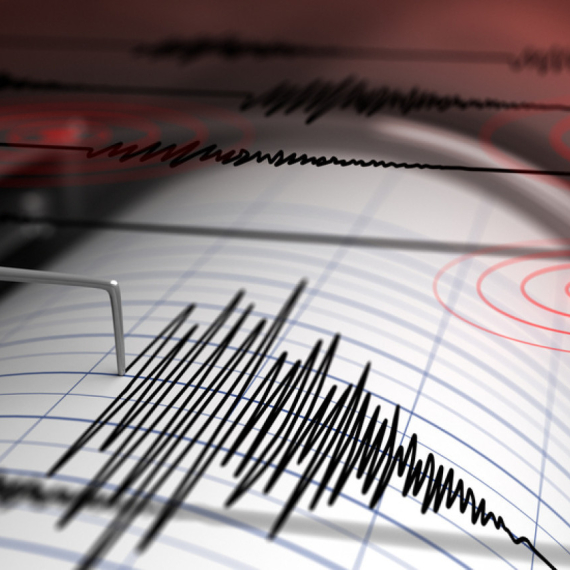








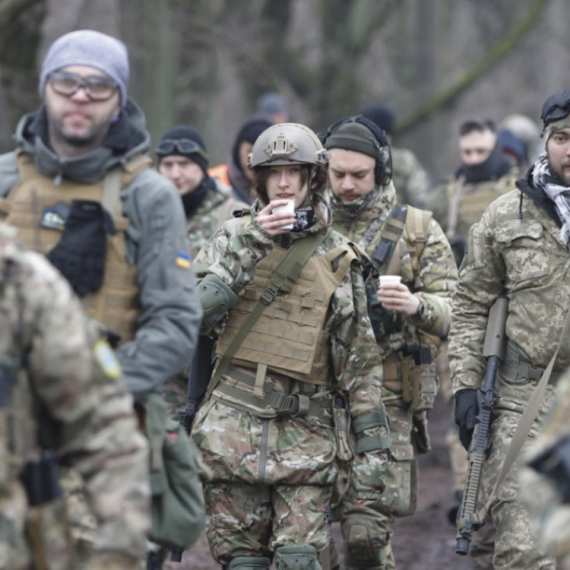
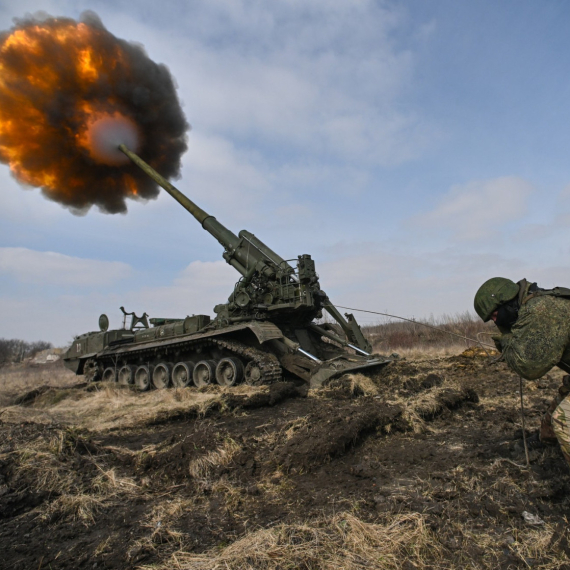
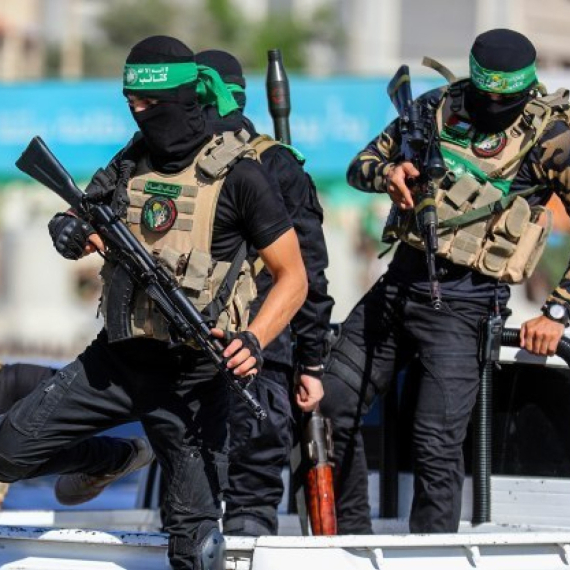


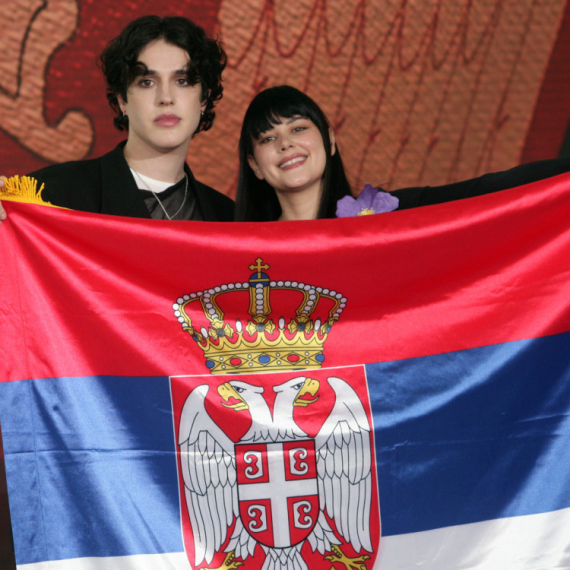
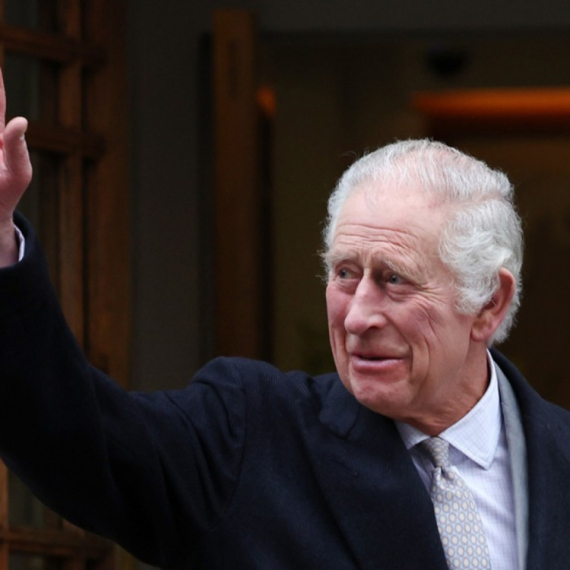
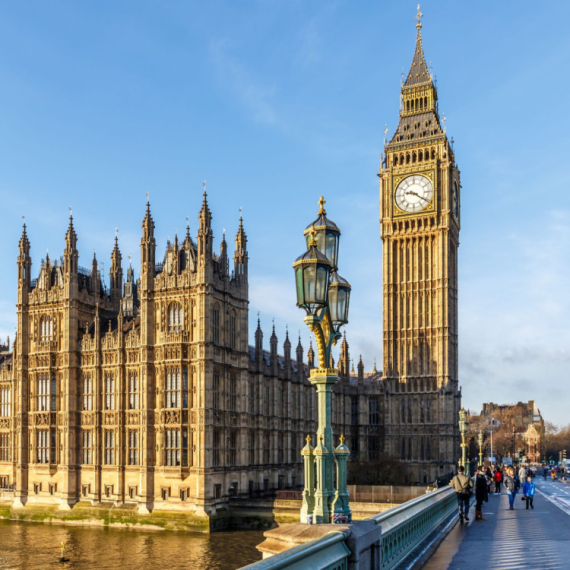
































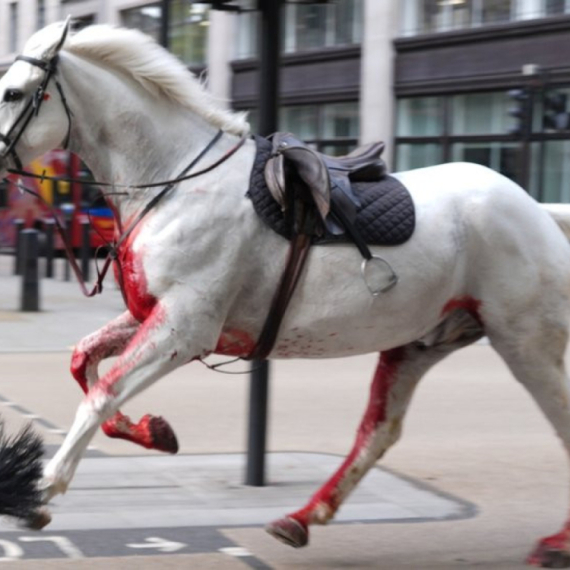
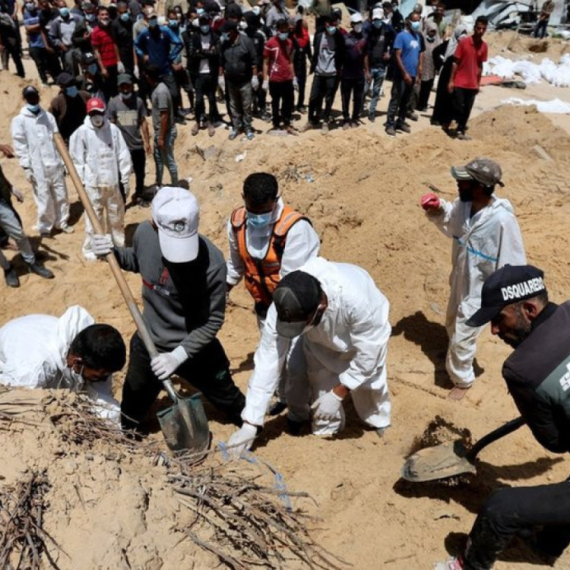

Komentari 4
Pogledaj komentare